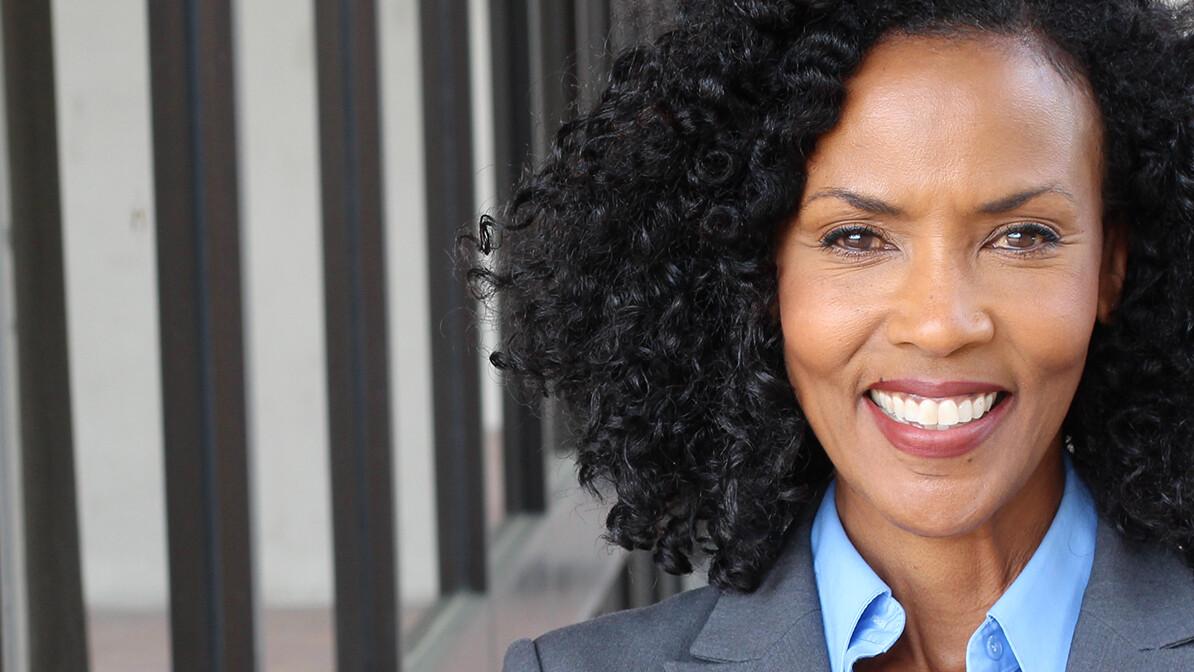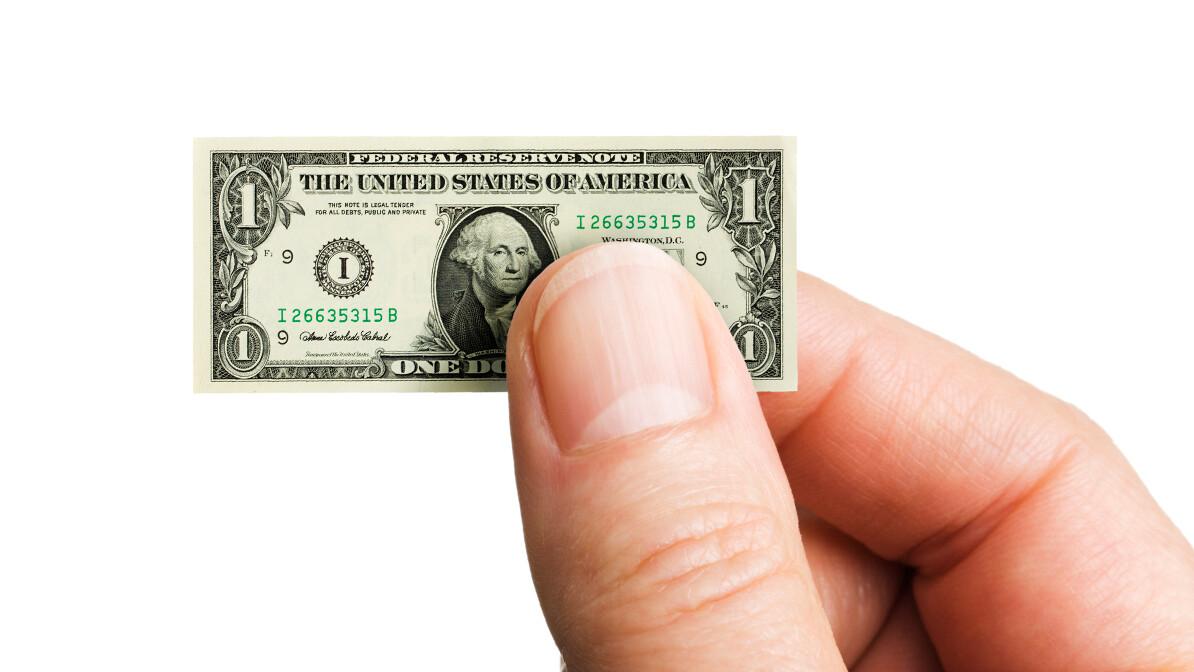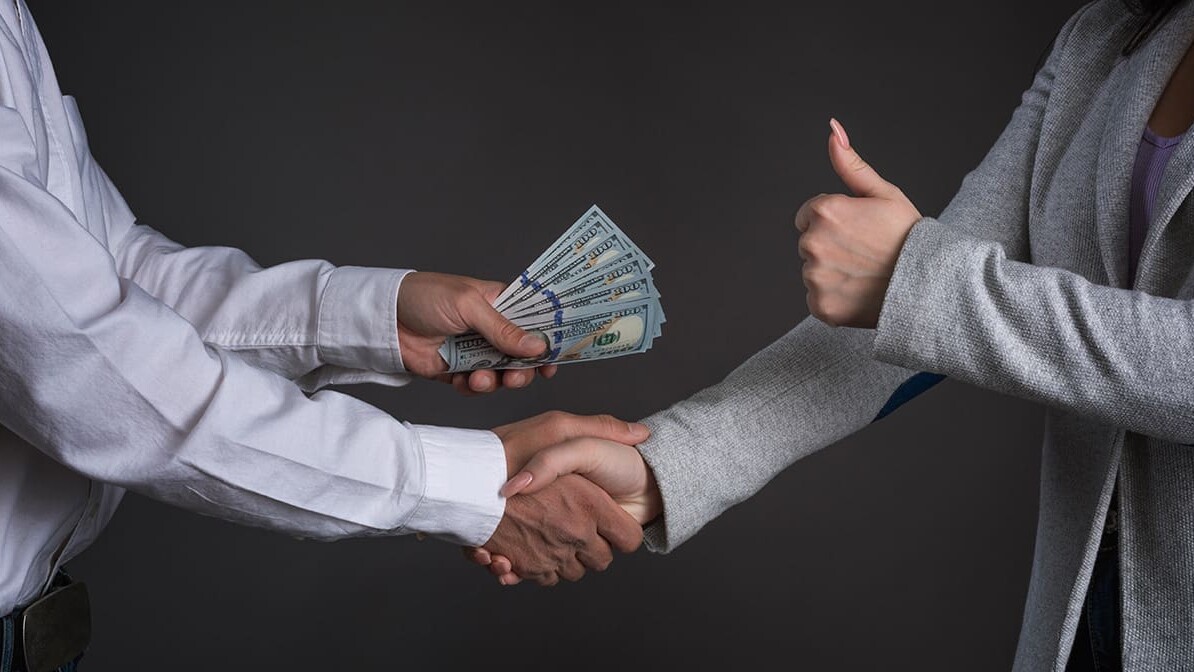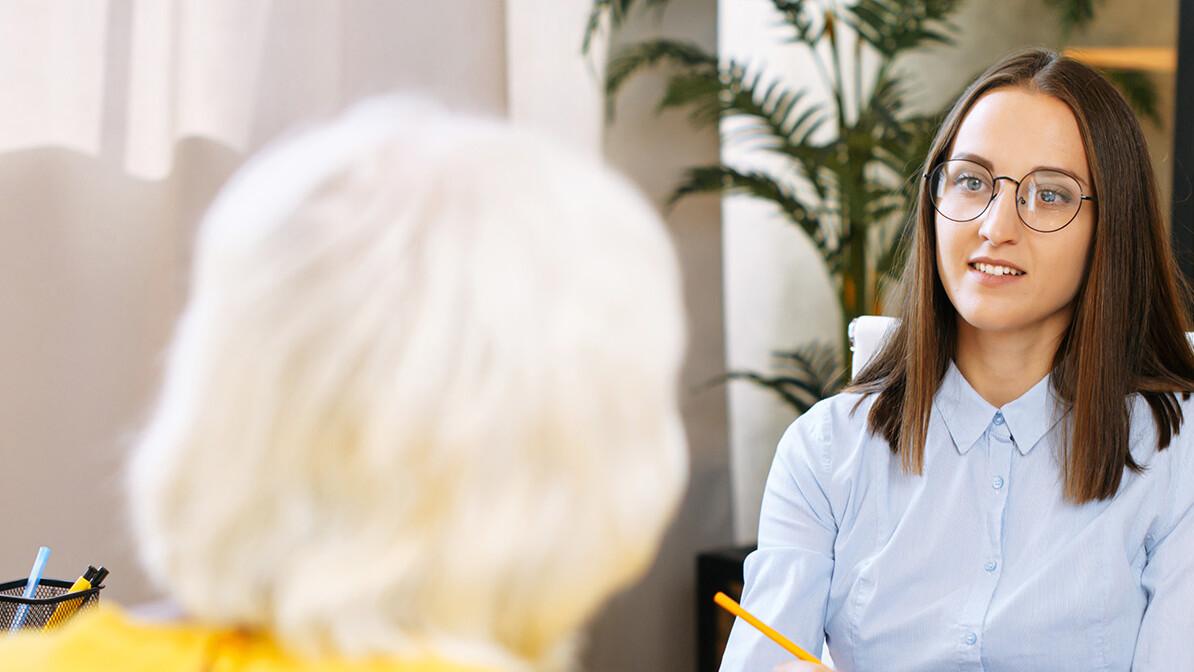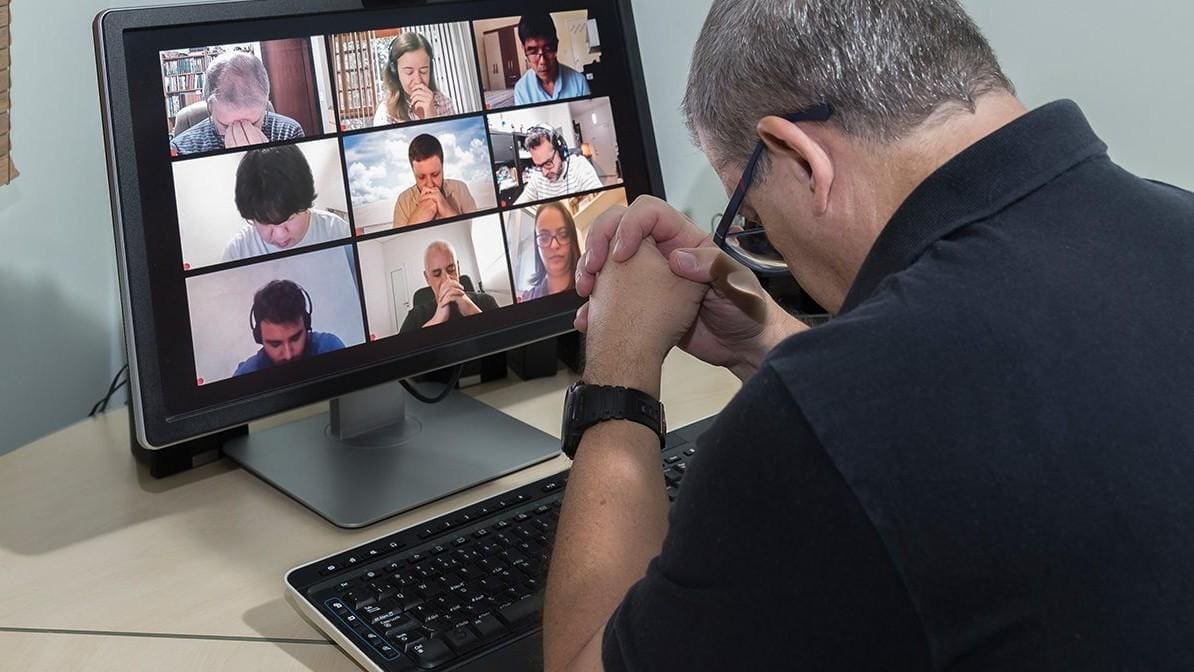Related Articles
5 Small Ways to Save Money Today!
Saving money can sometimes seem like an insurmountable task. Many people feel that they simply need…
Dave Says: Be Fair, but Firm
Dave, My husband and I have run our own small business for nearly 10 years. Our largest client,…
Starting a New Career at 50
I hear from so many people who are nervous or scared to make a career change in their fifties, even…
Turnarounds Through the Power of Prayer
Because of your financial Seeds, God is mightily using the prayer ministers at our Inspiration…
Next Steps To Strengthen Your Walk
Submit A Prayer Request
We are here for you. Simply click on the button below to reach us by form, email or phone. Together we will lift our hearts and voices with you in prayer.
Partner WIth Us
Sow a seed of faith today! Your generous gift will help us impact others for Christ through our global salvation outreach and other faith based initiatives.
Inspiration TV
Watch Christian content from your favorite pastors, christian movies, TV shows and more.

